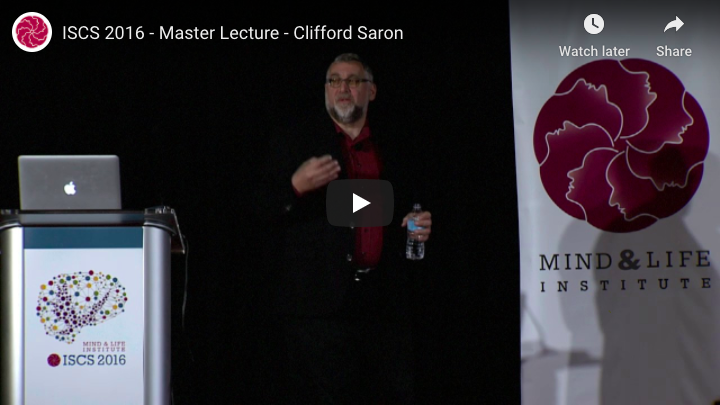This talk will describe attentional, emotional and physiological processes modified over the course of three months of full-time training in, and practice of, meditative quiescence (Shamatha) and beneficial aspirations for self and others (loving kindness, compassion, empathetic joy and equanimity). This multidisciplinary longitudinal, randomized wait-list controlled study is known as The Shamatha Project. Scientific measures included tools of cognitive and affective neuroscience, stress and affiliation-related biomarkers, facial expressions of emotion, self-report instruments and thematic analysis of structured interviews. The study demonstrates improvements in adaptive psychological attributes, perceptual and attention-related skills. Changes were observed in the emotional response to the perception of human suffering suggestive of increased engagement with suffering, and positive changes in biomarkers associated with stress and cellular repair. The talk will emphasize the methodological issues confronting research on contemplative practice and the need for an interdisciplinary, phenomenological perspective; provide a multidimensional model of mindfulness; emphasize the role of context, ethics, and compassionate motivation in accounting for observed effects; and forward a critical sense when interpreting the burgeoning body of scientific findings surrounding mindfulness and meditation.

Clifford Saron, PhD
University of California, Davis
Convening Faculty, Fellow, Planning Committee Member
Clifford Saron is a research scientist at the Center for Mind and Brain and MIND Institute at the University of California, Davis. He received his Ph.D. in neuroscience from the … MORE


